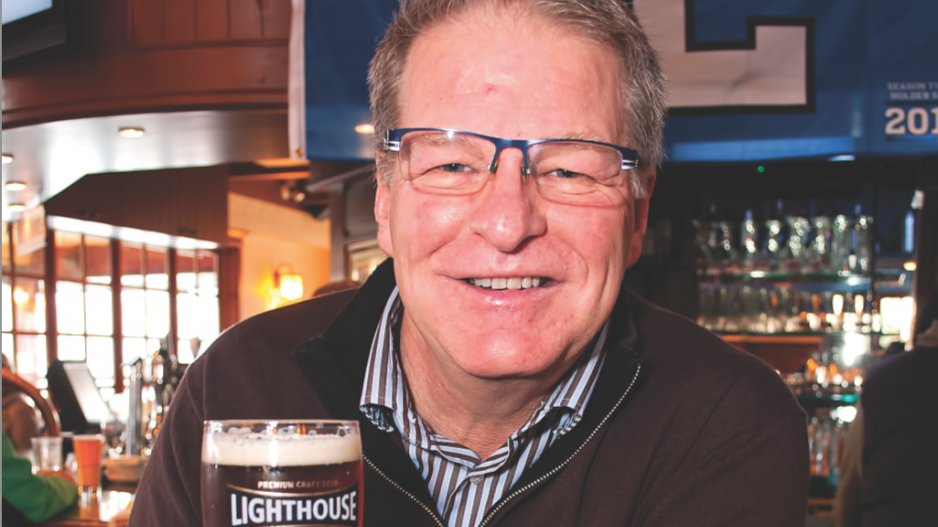Recent consolidation in the beer industry highlights the ambition of big brewers to get even bigger, to achieve savings from economies of scale and to diversify by acquiring craft breweries.
That in turn is driving up valuations for craft breweries, particularly if they are large enough to attract the eye of a private equity fund manager or an executive at one of the tentacles of the globe’s major brewers.
“[Multinational brewers] increasingly want to beat private equity firms to the punch,” said David Lam, Deloitte’s mid-market corporate finance leader in B.C.
“Private equity firms like to get there first. They buy and hang onto the brewery for five years, do a bunch of changes, position it properly and then have an auction process so they can sell the brewery at a much higher valuation [to a major brewer].”
Labatt Breweries of Canada, for example, has been on a buying spree.
The company – owned by Anheuser-Busch InBev (AB InBev) (NYSE:BYD) – bought Ontario’s Mill Street Brewery for an undisclosed amount in October and followed it up by acquiring New Westminster’s Turning Point Brewery on November 10.
Labatt’s Turning Point Brewery purchase, from Mark Anthony Group, was part of a US$350 million transaction that also included the Mike’s Hard Lemonade brand in Canada as well as the Palm Bay pre-mixed drinks line.
Often, Lam said, big brewers and private equity firms do not necessarily want to own 100% of a craft brewer, preferring instead to own a minority stake.
Premier Diversified Holdings (CSE:PDH), for example, owns a 20% stake in Russell Brewing Co. (TSX-V:RB). The holding company launched a hostile bid to acquire a 51% stake in the Surrey-based brewer earlier this year but then, in July, settled for an increase in its ownership from a previous 16.7% stake.
All these transactions come as AB InBev, the world’s largest brewer, stickhandles regulatory approvals so it can buy the world’s second-largest brewer, SABMiller, for US$108 billion.
“Consolidation is happening all over the world,” said Ken Beattie, executive director of the BC Craft Brewers Guild. “This isn’t something restricted to Canada.”
Beattie has overseen significant growth in B.C.’s craft-brewing scene. He counted 68 craft breweries in B.C. two years ago. There are now 113, and Beattie forecasts that at least 30 more will open in the next year.
What can complicate transactions, however, is a conviction among many craft brewery entrepreneurs that what they are doing is more than simply owning a business. Their passion for their products makes them more than merely hard-headed number crunchers, say both Beattie and Lam.
Indeed, no one at Red Truck Brew Co. is keen to sell the fast-growing venture, according to general manager Jim Dodds.
“We’re not about building and selling out,” Dodds said. “We’re about building a brand and a legacy.”
Red Truck has increased its annual capacity to approximately 1.4 million litres in cans, bottles and kegs, up from a 360,000-litre annual run rate, exclusively in kegs, 15 months ago. The brewer has also moved to a new East Vancouver facility that has the capacity to produce 2.3 million litres annually.
Steamworks Brew Pub Brewery owner Eli Gershkovitch similarly has no plans to sell his venture.
“I’m a boring enough person as it is,” Gershkovitch told Business in Vancouver. “Nobody would bother talking to me at cocktail parties if I was the person who used to own Steamworks.” •




